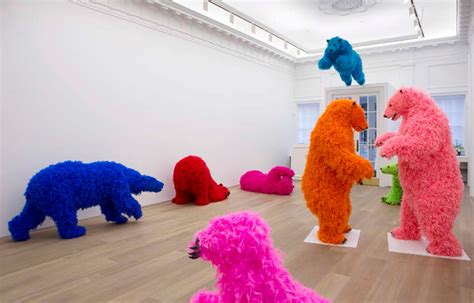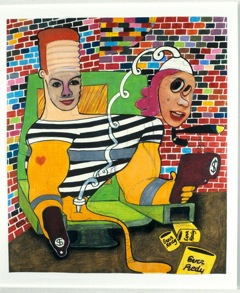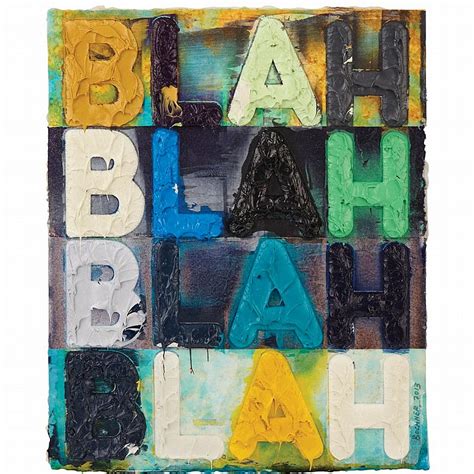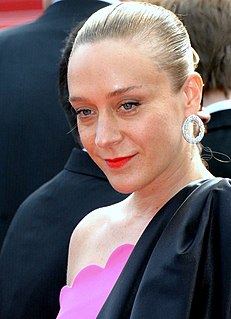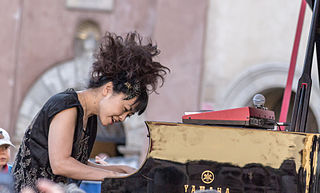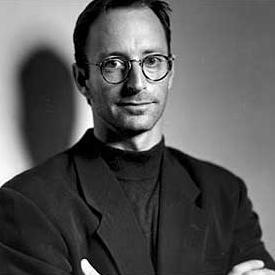A Quote by Jason Blum
Growing up in the '70s and '80s when my dad had an art gallery, one of the things that frustrated me was the world seemed so tiny, and to appreciate contemporary art, you needed a history of art, a formal education. I was more interested in the people, and that's why I went into the movie business in the first place.
Related Quotes
When you grow up, some areas of the world are out of your knowledge - especially when I grew up, in the '70s and '80s. Now, you have access to everything, but back then you did not because of the way the media was, and society imposed more directions, structures, and restrictions. It's not like art was prohibited, but art was not something that the people around me presented. So I developed it very much on my own growing up.
I love and collect contemporary art and go to all the art fairs. I love Damien Hirst and Matthew Barney. I grew up in Italy and had a humanistic education in philosophy and literature - things I love and appreciate. People are richer and more complex than just their day-to-day professional pursuits might suggest.
Contemporary art is based on that an artist is supposed to go into art history in the same way as an art historian. When the artist produces something he or she relates to it with the eye of an art historian/critic. I have the feeling that when I am working it is more like working with soap opera or glamour. It is emotional and not art criticism or history of art.
I like art that challenges you and makes a lot of people angry because they don't get it. Because they refuse to look at it properly. Rather than open their mind to the possibility of seeing something, they just resist. A lot of people think contemporary art makes them feel stupid. Because they are stupid. They're right. If you have contempt about contemporary art, you are stupid. You can be the most uneducated person in the world and completely appreciate contemporary art, because you see the rebellion. You see that it's trying to change things.
Photography was increasingly being seen as something outside the art world. As a sort of illustration. They just fired the director of photography at the Sunday Times Magazine - that's where everyone went with their photo essays in the '60s, '70s, and '80s. It was the place to get published. It is an issue. And I feel it. There's no budget. The budget-holders are very often people who've been to the professional colleges where art is not taught. So art as a part of education is something that's missing - since Thatcher's day, anyway.
Growing up I was very into art. In high school I was into the surrealists and impressionists, and I loved Klimt. In '91 or '92 I saw one of those Felix Gonzalez-Torres Untitled billboards. I was just really arrested by it. It was kind of my first foray into contemporary art. It was a turning point for me as to what art could be and what it meant and the impact it could have.
Some people are born to make great art and others are born to appreciate it. … It is a kind of talent in itself, to be an audience, whether you are the spectator in the gallery or you are listening to the voice of the world's greatest soprano. Not everyone can be the artist. There have to be those who witness the art, who love and appreciate what they have been privileged to see.


